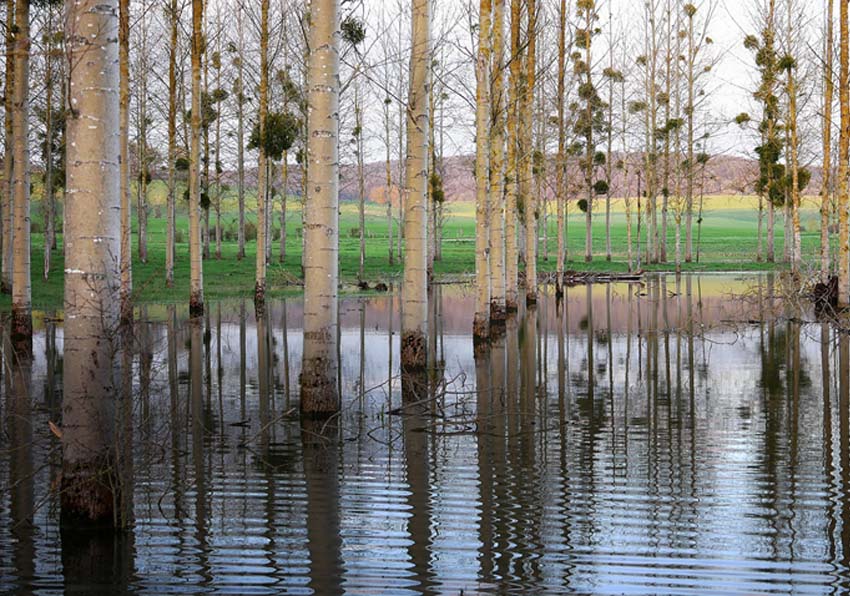
Meeting on Disaster Management and Planning in Times of Socio-environmental Risks. Facultat de Geografia i Història
Meeting on Disaster Management and Planning in Times of Socio-environmental Risks
Universitat de València-National Autonomous University of Mexico
Presentation of the Chair for Climate Change, Territory and Environmental Risks in the Mediterranean
Nature’s challenges
Valencia, Spain on 24 and 25 November 2025
Palmireno Hall. Faculty of Geography and History
Universitat de València
Blasco Ibañez, 28. Valencia
Aim
To discuss the experiences in Ibero-America in basic and applied research on the management of current and future disasters. In particular, those who have a catastrophic nature, in order to identify academic themes and partnerships which consolidate joint working groups and collaborative projects.
Target public
Specialists, graduate students, affected people, citizens involved in post-disaster processes, media.
Background
The 2024 DANA disaster in Valencia, Spain and the 40th anniversary of the 19-20 September earthquakes in Mexico City. Both events have left their mark on their local communities, and their similarities and differences lead to further thinking on the nature of disasters in modern societies. The intensification of phenomena such as climate change, forces us to look into the coming decades in order to understand future risks and advance prevention, adaptation and management strategies. Disasters are complex processes that are embodied in history and they are built from many interactions between physical and social elements, particularly , from those of political, communication and administrative nature. Moreover, the way in which human occupation takes place and the decisions about territory, are crucial to understand risk scenarios and the materialization of disasters.
We work on the principle that the disaster is not directly associated with the intensity of the triggering natural phenomenon, but with the way in which different components interact. These components can be understood, modelled and evidenced through different scientific approaches. However, even a clear understanding of disaster risk is not enough to prevent them from occurring. To do this, there must be a clear and strategic link between the produced knowledge and the political, administrative and public communication processes which contribute to that aim. This is one of the biggest challenges of our time, which is marked by disinformation processes and an increasing presence of non-verified or false information which rapidly disperses in digital networks. It reduces social confidence and it is usually used with political purposes other than the reduction of disaster risks.
For this reason, this event of the Universitat de València and the National Autonomous University of Mexico addresses from a comparative view, the common and different elements of the disasters that happened in both countries. Moreover, it offers an overview of the challenges posed by climate change in this area. This comparative view will enable us to problematize three priority themes: 1) The most problematic public management nodes, especially in federalist countries and with continental legal systems, such as Spain and Mexico; 2) the disaster as a geographic phenomenon with huge moral implications, and in which values and decisions have an important role in defining the potential human suffering; 3) The new forms of vulnerability related to misinformation, fake news and the misuse of artificial intelligence.
FREE ADMISSION WITH PRE-BOOKING:
* Streaming retransmission https://www.uv.es/directo/
ScheduleFrom 24 november 2025 to 25 november 2025. Monday and tuesday at 09:00 to 21:00.
Sala Palmireno. Facultat de Geografia i Història
Avinguda Blasco Ibañez, 28
València (46010)
Escola Europea de Pensament Lluís Vives-Càtedra Canvi Climàtic, Territori i Riscos Ambientals al Mediterrani, Vicerectorat de Cultura i Societat UV.







